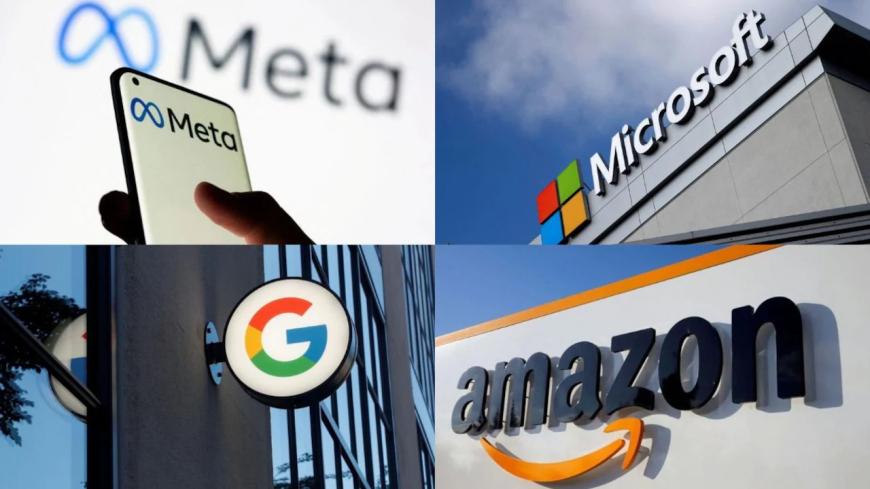Amazon, Google, Microsoft Advise H-1B Workers to Stay in U.S.
Amazon, Google, and Microsoft advise H-1B visa workers to remain in the U.S. following new visa fee policy, urging caution on international travel.

Amazon, Google, and Microsoft, three of the world’s largest tech companies, have advised their H-1B visa-holding employees to remain in the United States following a new executive order that introduces a $100,000 fee on new H-1B visa applications. This guidance highlights the growing concerns over international talent mobility in the U.S. tech sector.
Understanding the New H-1B Policy
The executive order, signed by President Donald Trump, imposes a $100,000 fee on every new H-1B visa application, a substantial increase from previous fees. This rule applies only to new visa applications, not to renewals or existing H-1B holders.
Tech employees who are currently abroad or planning international travel have been advised to return to the U.S. before the policy takes effect on September 21, 2025, to avoid complications.
Why This Matters for the Tech Industry
H-1B visas are a critical pathway for U.S. tech companies to hire highly skilled international professionals, particularly in fields like artificial intelligence, cloud computing, and data science.
-
Large corporations may absorb the added costs, but startups and smaller companies could face difficulties hiring talent.
-
Analysts warn this could consolidate skilled workers in major tech firms, limiting innovation and growth in smaller businesses.
-
Over time, a global talent shift may occur as workers explore countries with more favorable immigration policies.
Potential Shift in Global Tech Talent
Countries such as Canada and Australia are emerging as attractive alternatives, offering:
-
Easier pathways to permanent residency
-
Supportive policies for skilled tech workers
-
Opportunities to work without high visa fees
This trend may lead to a brain drain from the U.S. tech sector, as international professionals seek more predictable and affordable work opportunities abroad.
How Tech Giants Are Responding
Amazon, Google, and Microsoft are taking steps to protect their international workforce:
-
Legal guidance: Assisting employees with navigating the new H-1B requirements.
-
Travel advisories: Urging employees to remain in the U.S. unless travel is essential.
-
Internal support: Coordinating with HR and legal teams to minimize disruption to projects and operations.
These measures demonstrate the companies’ commitment to retaining skilled talent amid a rapidly changing regulatory environment.
Broader Implications for the U.S. Tech Sector
The H-1B visa program has long been a cornerstone of U.S. innovation, enabling companies to access global expertise. Experts warn that the new policy could:
-
Reduce the U.S.’s appeal as a destination for skilled workers
-
Shift talent toward more welcoming countries
-
Limit smaller companies’ access to highly specialized talent
This could impact the competitive landscape, particularly for emerging tech firms that rely on international talent to innovate and grow.
Looking Ahead
Tech companies are exploring potential legal challenges and other strategies to mitigate the effects of the new H-1B policy. For international employees, uncertainty remains, but proactive measures from their employers aim to ensure stability during this transition.
Conclusion
The introduction of a $100,000 fee for new H-1B visas represents a significant shift in U.S. immigration policy, particularly for the tech sector. While major corporations are taking steps to support their workforce, smaller firms may struggle, and some international professionals may seek opportunities abroad. This policy underscores the critical role of global mobility in sustaining U.S. technological innovation and may shape the talent landscape for years to come.
For more udpates , Visit Nation bytes

 Israr Ahmed
Israr Ahmed